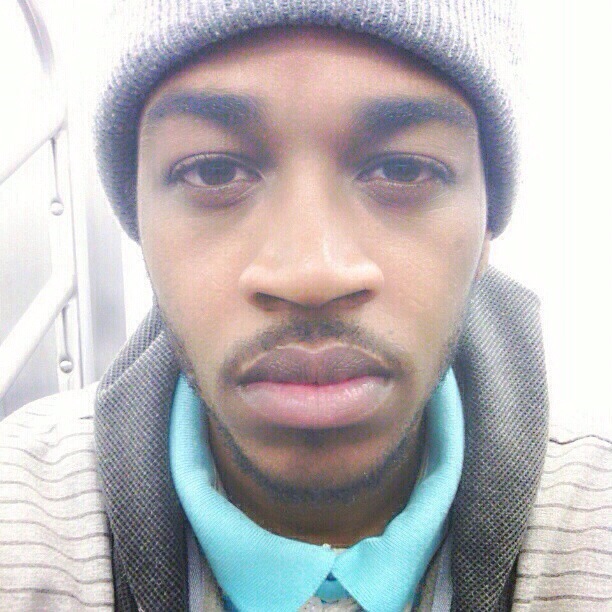At least 21 cultural varieties of same-sex relationships have long been part of traditional African life, as demonstrated in a new report that is designed to dispel the confusion and lies surrounding Uganda’s Anti-Homosexuality Bill.
The following discussion and the 21 examples are from that report, “Expanded Criminalisation of Homosexuality in Uganda: A Flawed Narrative / Empirical evidence and strategic alternatives from an African perspective,” which was prepared by Sexual Minorities Uganda:
In their work anthropologists Stephen Murray and Will Roscoe provide wide‐ranging evidence in support of the fact that throughout Africa”s history, homosexuality has been a ‘‘consistent and logical feature of African societies and belief systems.”
Thabo Msibi of the University of Kwazulu‐Natal documents many examples in Africa of same-sex desire being accommodated within pre-colonial rule.”
The work of Stephen O. Murray and Will Roscoe is cited in the new report by Sexual Minotrities Uganda on traditional forms of homosexuality in African cultures.
Deborah P. Amory speaks of ‘‘a long history of diverse African peoples engaging in same-sex relations.”
Drawing on anthropological studies of the pre-colonial and colonial eras, it is possible to document a vast array of same-sex practises and diverse understandings of gender across the entire continent.
Examples include:
One notably ‘‘explicit” Bushmen painting, which depicts African men engaging in same-sex sexual activity.
In the late 1640s, a Dutch military attaché documented Nzinga, a warrior woman in the Ndongo kingdom of the Mbundu, who ruled as ‘‘king” rather than ‘‘queen”, dressed as a man and surrounded herself with a harem of young men who dressed as women and who were her ‘‘wives”.
Eighteenth century anthropologist, Father J-B. Labat, documented the Ganga-Ya-Chibanda, presiding priest of the Giagues, a group within the Congo kingdom, who routinely cross-dressed and was referred to as ‘‘grandmother”.
In traditional, monarchical Zande culture, anthropological records described homosexuality as ‘‘indigenous”. The Azande of the Northern Congo ‘‘routinely married” younger men who functioned as temporary wives – a practise that was institutionalised to such an extent that warriors would pay ‘‘brideprice” to the young man”s parents.
Amongst Bantu-speaking Pouhain farmers (Bene, Bulu, Fang, Jaunde, Mokuk, Mwele, Ntum and Pangwe) in present-day Gabon and Cameroon, homosexual intercourse was known as bian nkû”ma– a medicine for wealth which was transmitted through sexual activity between men.
Similarly in Uganda, amongst the Nilotico Lango, men who assumed ‘‘alternative gender status” were known as mukodo dako. They were treated as women and were permitted to marry other men.
In the former Kingdom of Dahomey, women could be soldiers (above) and older women would sometimes marry younger women, according to anthropologist Melville Herkovits.
Same-sex relationships were reported amongst other groups in Uganda, including the Bahima, …
the Banyoro and …
the Baganda. King Mwanga II, the Baganda monarch, was widely reported to have engaged in sexual relations with his male subjects.
A Jesuit working in Southern Africa in 1606 described finding ‘‘Chibadi, which are Men attired like Women, and behave themselves womanly, ashamed to be called men”.
In the early 17th century in present-day Angola, Portuguese priests Gaspar Azevereduc and Antonius Sequerius encountered men who spoke, sat and dressed like women, and who entered into marriage with men. Such marriages were ‘‘honored and even prized”.
In the Iteso communities, based in northwest Kenya and Uganda, same-sex relations existed amongst men who behaved as and were socially accepted as women.
Same-sex practises were also recorded among the Banyoro and …
the Langi.
In pre-colonial Benin, homosexuality was seen as a phase that boys passed through and grew out of.
There were practises of female-female marriages amongst the Nandi and …
Kisii of Kenya, as well as …
the Igbo of Nigeria,
the Nuer of Sudan and
the Kuria of Tanzania.
Among Cape Bantu, lesbianism was ascribed to women who were in the process of becoming chief diviners, known as isanuses.
In the 1600s in the Kingdom of Motapa in southern Africa (labeled “Monomotapa” on this map), Christian missionaries encountered cross-dressing men known as chibadi.
This is by no means an exhaustive list. Given the overwhelming evidence of pre-colonial same-sex relations which continued into the colonial and post-colonial eras, as well as historical evidence of diverse understandings of gender identity, it is clear that homosexuality is no more ‘‘alien” to Africa than it is to any other part of the world.
As stated by Murray and Roscoe: Numerous reports also indicate that in the highly sex-segregated societies of Africa, homosexual behaviour and relationships were not uncommon among peers, both male and female, especially in the years before heterosexual marriage. These kinds of relations were identified with specific terms and were to varying degrees institutionalized.
What the colonisers imposed on Africa was not homosexuality “but rather intolerance of it — and systems of surveillance and regulation for suppressing it.”
Related articles
‘Homosexuality Is Very African As Much As It Is Nigerian.’ – Bisi Alimi speaks (rainbowethiopia1.net)
What traditional African homosexuality learned from West (76crimes.com)
Kenyan writer Binyavanga Wainaina declares: ‘I am homosexual’ (theguardian.com)
Homosexuality in Prehistoric Africa (an article that has been repeatedly republished, at least since 2004; a recent version appeared March 11, 2015, in Gay Uganda on the Move)



Recent Comments